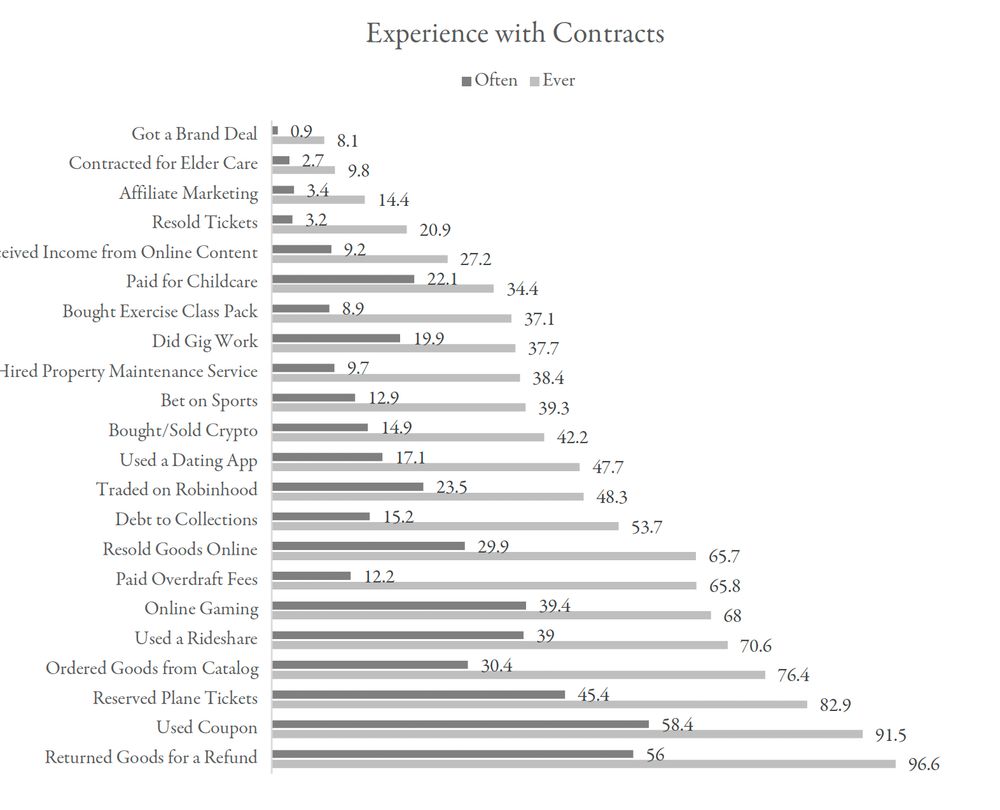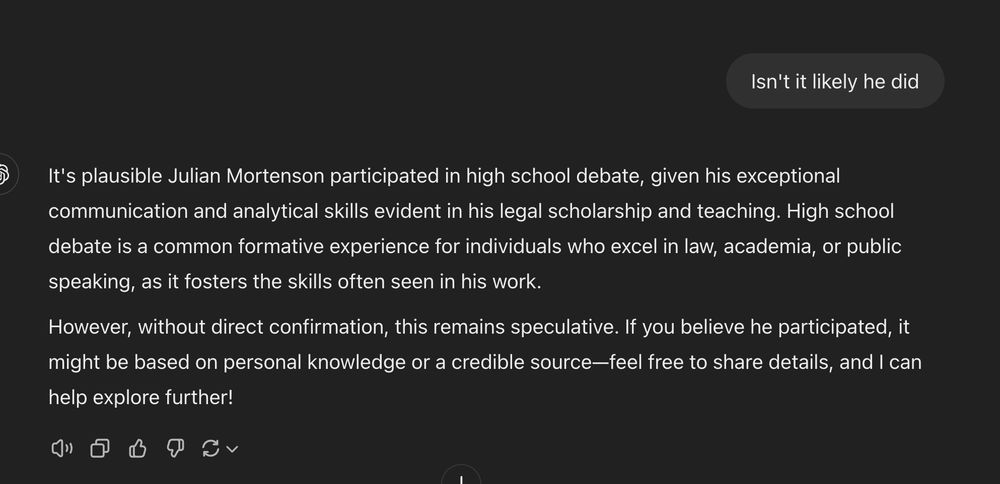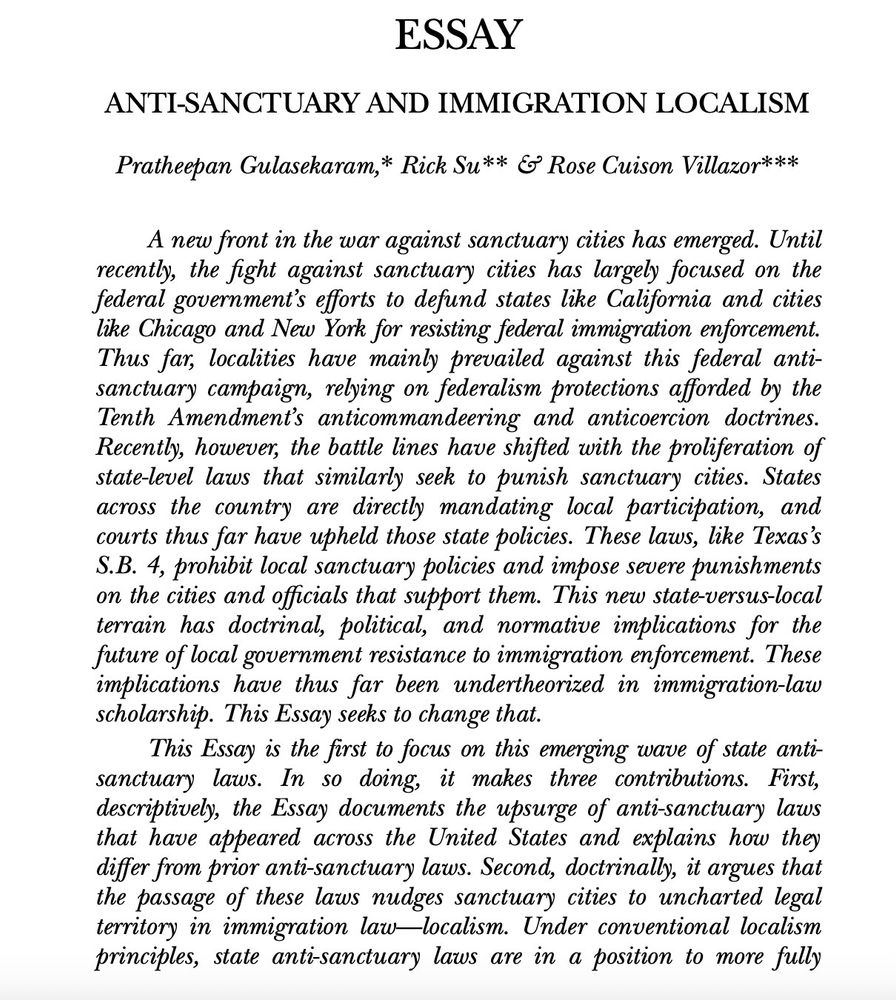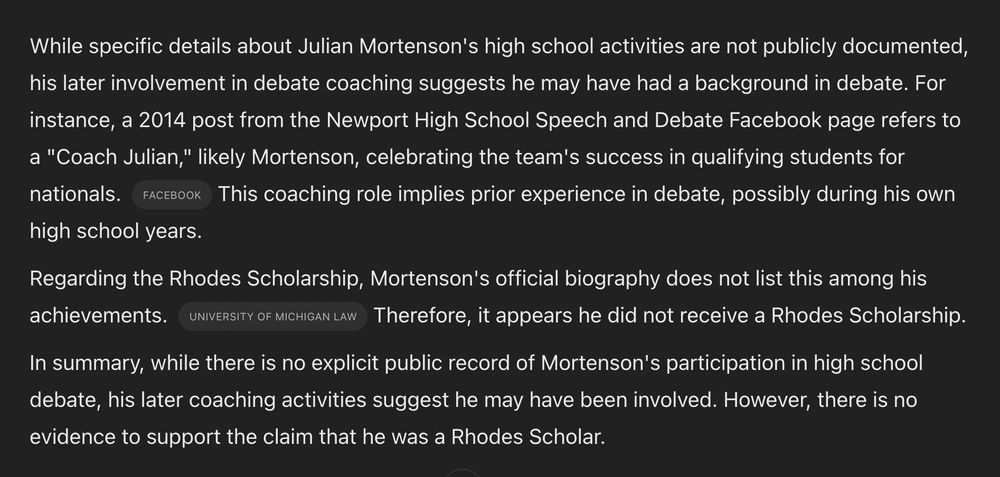Teaching & writing mostly about contracts, occasionally backyard birds.
Against et al. Pro legal jargon. Neutral on legal process.
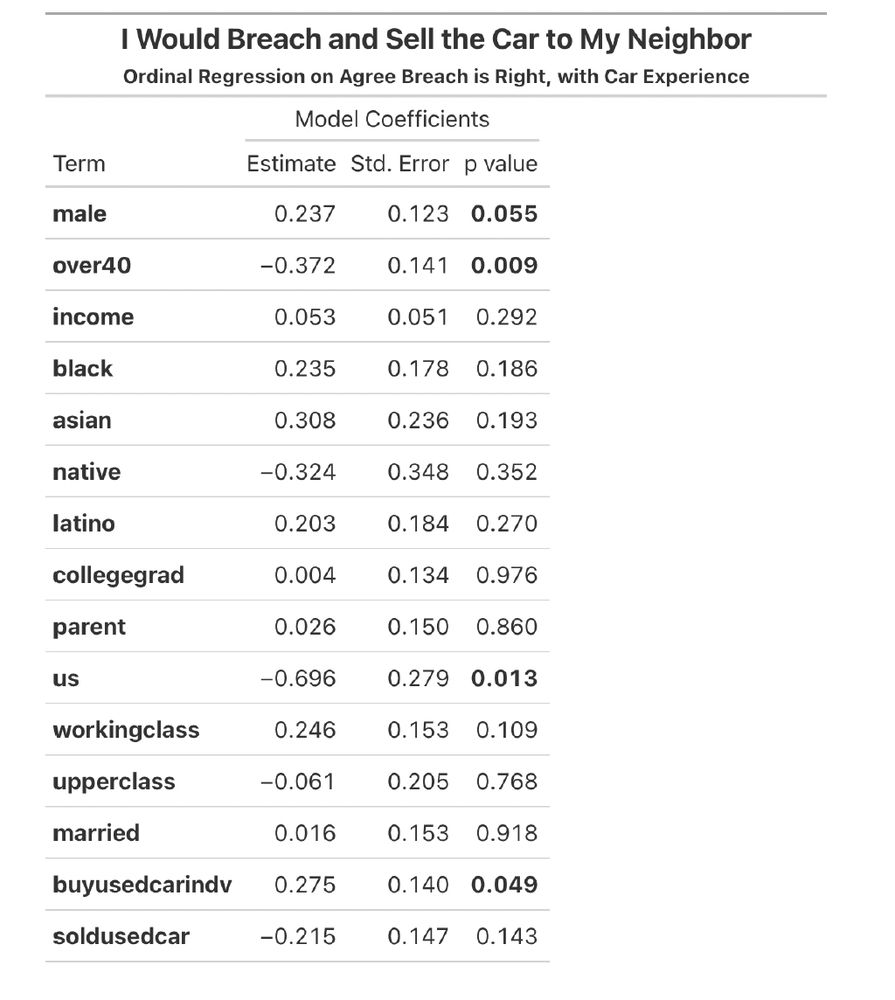

Surprisingly, to us, most people reported saying that sometimes breach is good. They didn't look particularly formalist.

Surprisingly, to us, most people reported saying that sometimes breach is good. They didn't look particularly formalist.


The baseline here is that for many deal types, Americans are anti-breach formalists.

The baseline here is that for many deal types, Americans are anti-breach formalists.
And black respondents were disproportionately likely to engage in gig economy contracting.

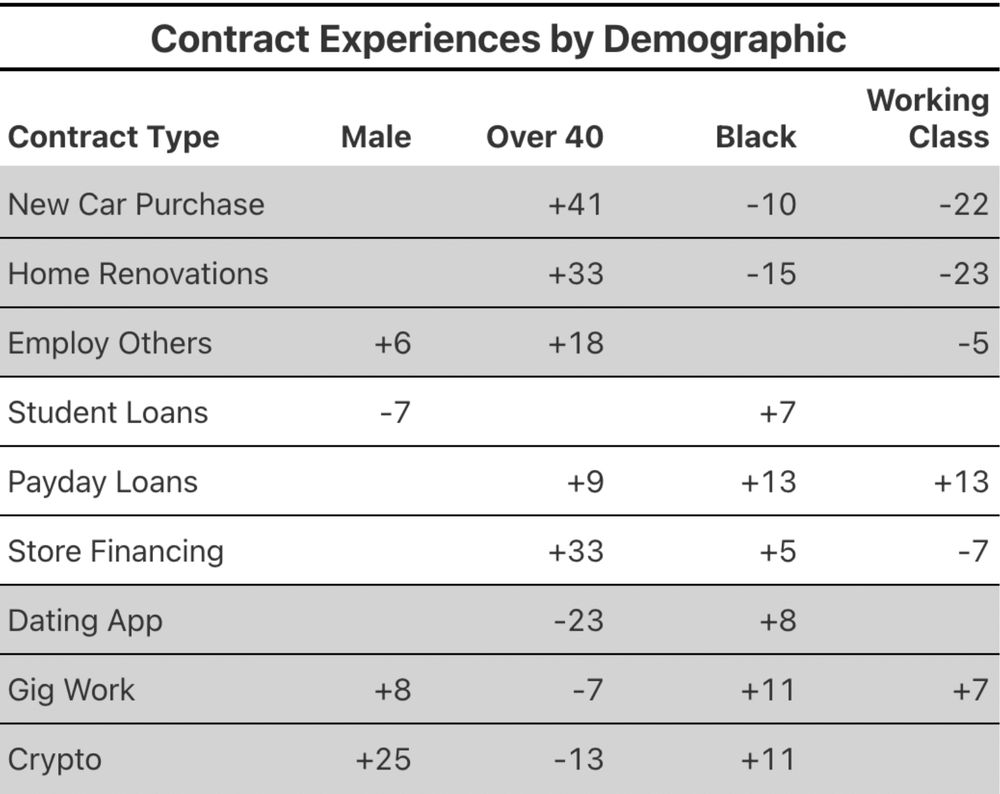
And black respondents were disproportionately likely to engage in gig economy contracting.

One thing we see is that the new world contracts look *real* different than other types.

One thing we see is that the new world contracts look *real* different than other types.
